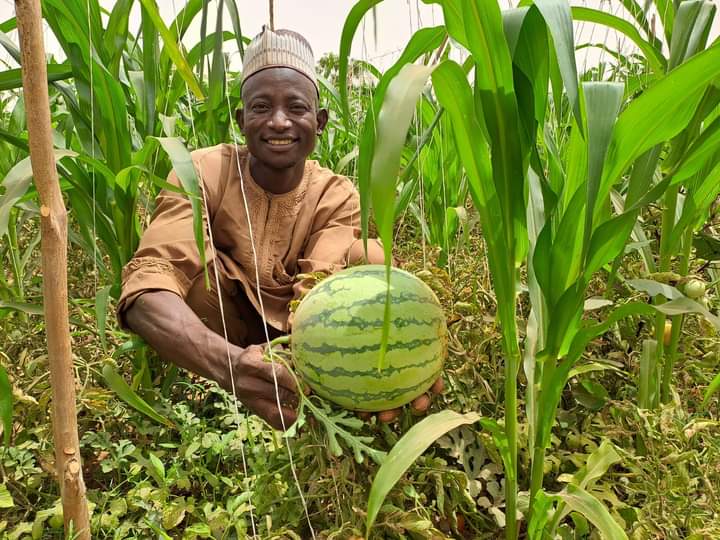The National Bureau of Statistics (NBS), in collaboration with the World Bank, the Federal Ministry of Agriculture and Food Security, and the Food and Agriculture Organisation (FAO), has launched the National Agricultural Sample Census (NASC) in Abuja after three decades.
The census revealed that Nigeria is home to approximately 40.2 million agricultural households. Among these, about 91 percent engage in crop cultivation, 48 percent in livestock farming, and 5 percent in fishery.
Speaking at the launch, the Minister of State for the Federal Ministry of Agriculture and Food Security, Aliyu Sabi Abdullahi, emphasized the significance of food security and economic growth. He stated, “Food security and economic growth are the top priority. We are indeed very blessed, and this new data will show us how to eliminate ghost farmers.” He further remarked, “If you cannot measure what you have, you cannot manage it.”
Abdullahi also urged members of the National Assembly to prioritize the nation’s interests by allocating funds appropriately.
Statistician-General of the Federation, Prince Adeyemi Adeniran, highlighted the importance of the event, noting, “Today’s event signifies a significant move in our understanding of the structure of the agricultural sector in the country. This data will shed light on how land is currently utilized, the types of crops cultivated, and their locations.”
Minister of Budget and Economic Planning, Abubakar Atiku Bagudu, congratulated the development partners for their support. He added, “We must develop a cultural system that works effectively despite the separation of powers between the federal and sub-national levels.”
